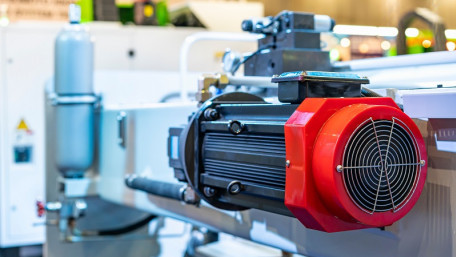
Many online sources explain how to reverse a 3-phase motor; this article will discuss the electrical principles that define why it works and how the phase…
Many online sources explain how to reverse a 3-phase motor; this article will discuss the electrical principles that define why it works and how the phase relationships determine the rotation direction.
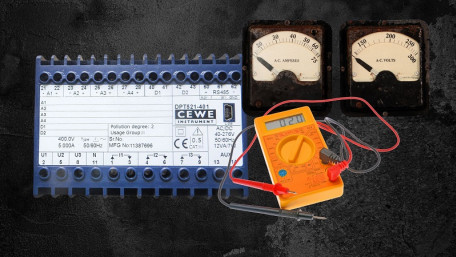
In any process industry, transducers are the basic instrumentation unit for continuous monitoring of system variables…
In any process industry, transducers are the basic instrumentation unit for continuous monitoring of system variables that provide inputs for control system algorithms and outputs.

Predicting when maintenance should occur isn’t simply a matter of getting on board with the latest trend, it can save…
Predicting when maintenance should occur isn’t simply a matter of getting on board with the latest trend, it can save many thousands of dollars in lost downtime and unnecessary parts and labor.
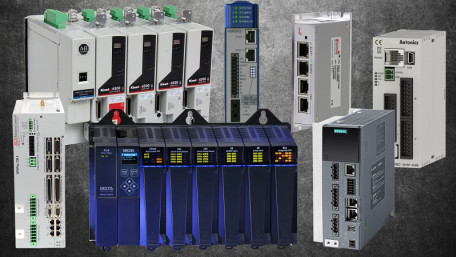
Building precise rotating or linear systems often costs a lot! When is it justified to spend the extra cost to design and…
Building precise rotating or linear systems often costs a lot! When is it justified to spend the extra cost to design and build such a system, and what are the different components and system types?
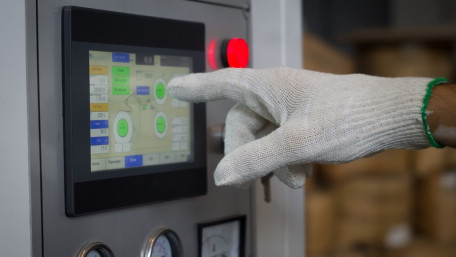
Two primary technologies are used for creating touchscreens. For industrial HMIs, resistive and capacitive methods both…
Two primary technologies are used for creating touchscreens. For industrial HMIs, resistive and capacitive methods both contain certain advantages for various applications.
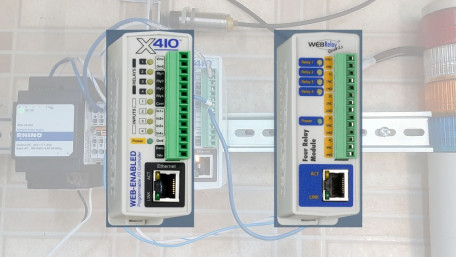
Logic is critical for industrial control, and it usually looks like ladders, function blocks, or structured text. I/O…
Logic is critical for industrial control, and it usually looks like ladders, function blocks, or structured text. I/O controllers are designed to automate simple logic tasks and data functions.

An age-old debate in PLC programming: investigating the uses and caveats of latching software commands versus seal-in…
An age-old debate in PLC programming: investigating the uses and caveats of latching software commands versus seal-in ladder logic for industrial control applications.

It's important to keep your system up and running without regular intervention. While every system requires maintenance,…
It's important to keep your system up and running without regular intervention. While every system requires maintenance, never overlook the critical importance of tools and training for the operators.
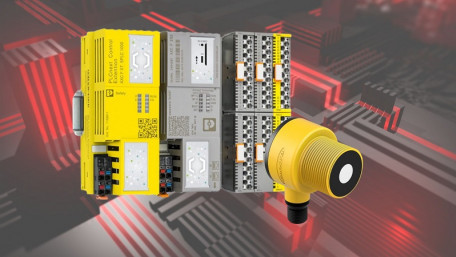
Learn how to connect analog inputs, either voltage or current, to the Phoenix Contact’s IIoT PLC platform and design…
Learn how to connect analog inputs, either voltage or current, to the Phoenix Contact’s IIoT PLC platform and design simple data processing programs with the PLCnext Engineer IDE.
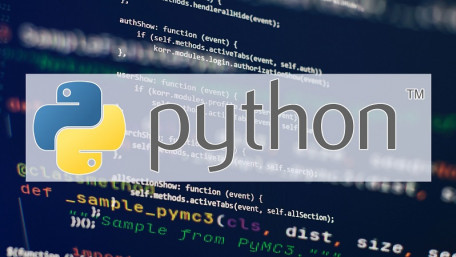
Wrapping up the data structures portion of our journey are sets. This is the least frequently used data structure, but…
Wrapping up the data structures portion of our journey are sets. This is the least frequently used data structure, but don’t write off the set just yet. Its efficiency and simplicity may provide value in manufacturing data processing.

As we approach the conclusion of Python data structures, we’ll examine the tuple. Used less frequently than lists and…
As we approach the conclusion of Python data structures, we’ll examine the tuple. Used less frequently than lists and dictionaries, tuples do serve some handy use cases where immutability is a critical requirement.
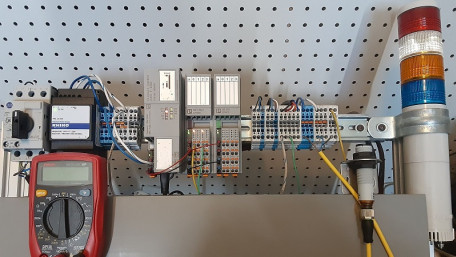
Learn how to get started with Phoenix Contact’s PLCnext and Engineer software, a platform that ultimately provides a…
Learn how to get started with Phoenix Contact’s PLCnext and Engineer software, a platform that ultimately provides a PLC environment for plant control as well as an OS for more advanced IIoT projects.

Both lists and dictionaries can retain structured data in Python. The dictionary is unique in that it stores individual…
Both lists and dictionaries can retain structured data in Python. The dictionary is unique in that it stores individual entries with human-readable logical names rather than index numbers.
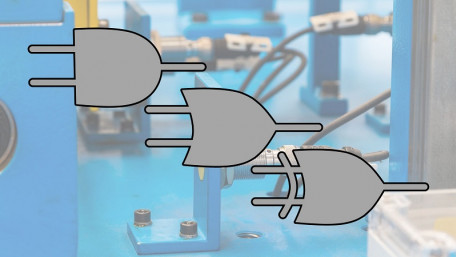
Sensor networks with built-in logic functions can save cost and program execution speed, but what are those various logic…
Sensor networks with built-in logic functions can save cost and program execution speed, but what are those various logic functions, and when might they be preferred over normal PLC ladder logic?
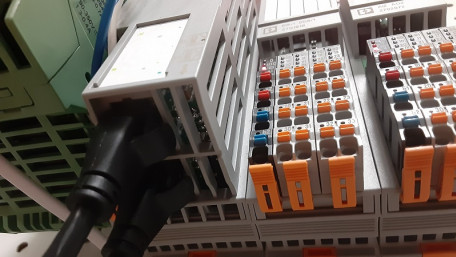
Every automated cell requires a ‘brain’ in order to achieve the required tasks. How do you determine the necessary…
Every automated cell requires a ‘brain’ in order to achieve the required tasks. How do you determine the necessary I/O, communication protocols, and processor necessary for controlling your system?
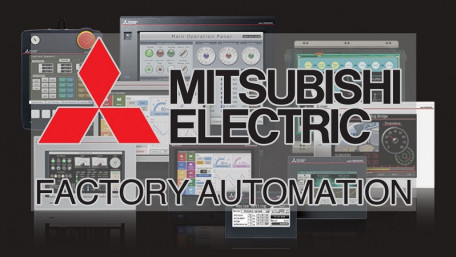
Learn how to write a ladder logic program to assign a string value to a data register and share that register with any…
Learn how to write a ladder logic program to assign a string value to a data register and share that register with any HMI compatible with Mitsubishi’s MELSEC PLC series.

This section will dive into the world of data structures used within the Python programming environment, starting with…
This section will dive into the world of data structures used within the Python programming environment, starting with one of the more commonly used structures called ‘lists.’
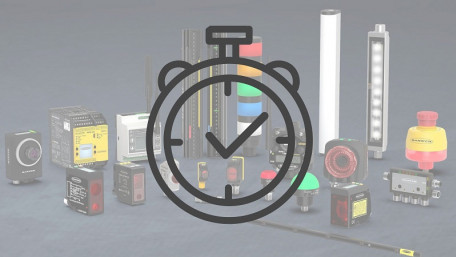
Sensors with timer functions advance modern automation systems, enhancing the precision and flexibility of in-process…
Sensors with timer functions advance modern automation systems, enhancing the precision and flexibility of in-process controls to ease the strict requirement for an external, clock-based logic CPU.
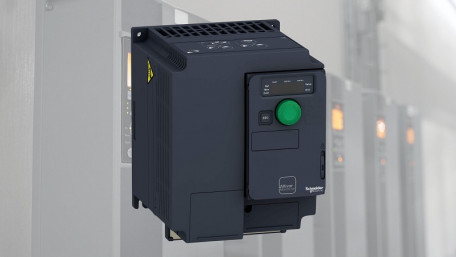
This article investigates the basic principles of inverters, different types of DC-to-AC conversion, and common…
This article investigates the basic principles of inverters, different types of DC-to-AC conversion, and common applications for generating AC voltage in manufacturing.
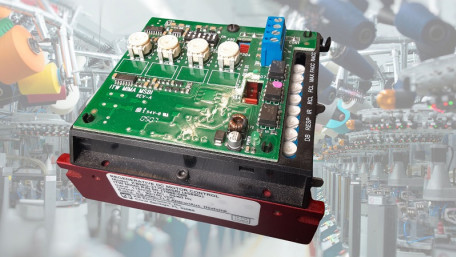
Although DC motor technology has a strong legacy, control strategies vary from simple to complex. Designs must consider…
Although DC motor technology has a strong legacy, control strategies vary from simple to complex. Designs must consider not just the motor, but also the electrical supply and the environment.
